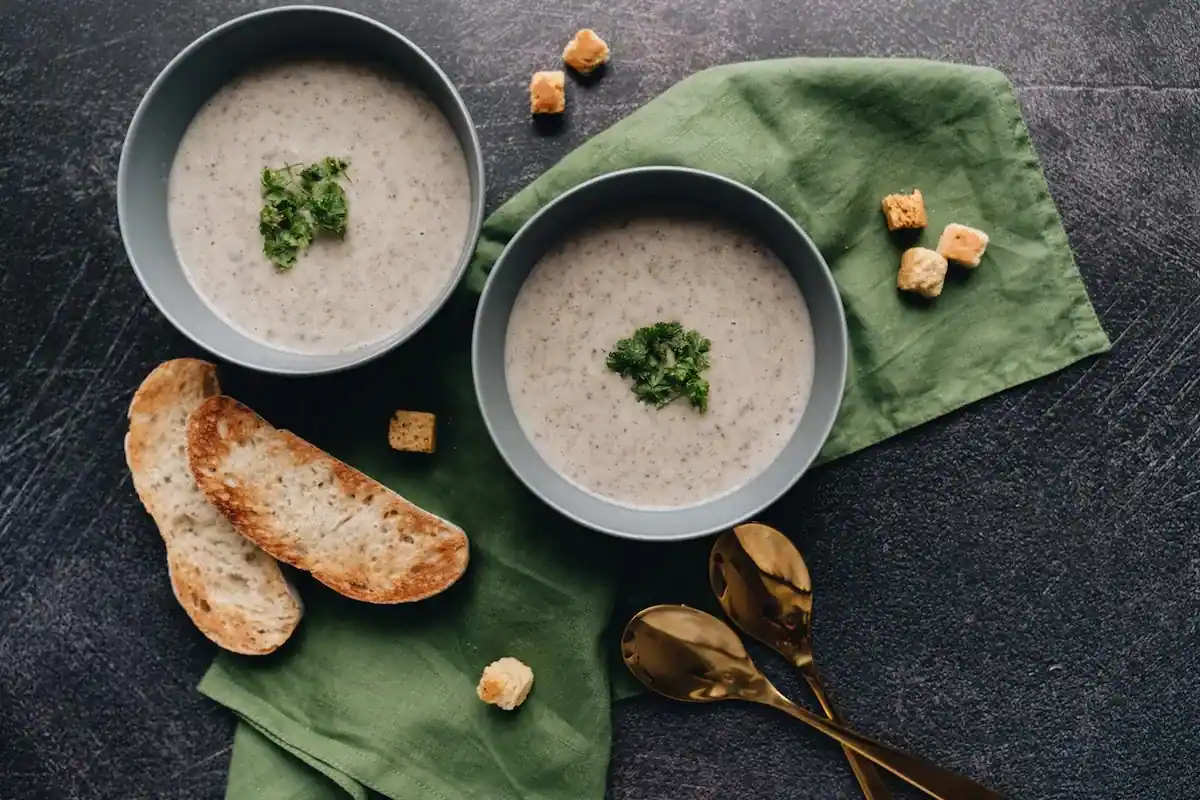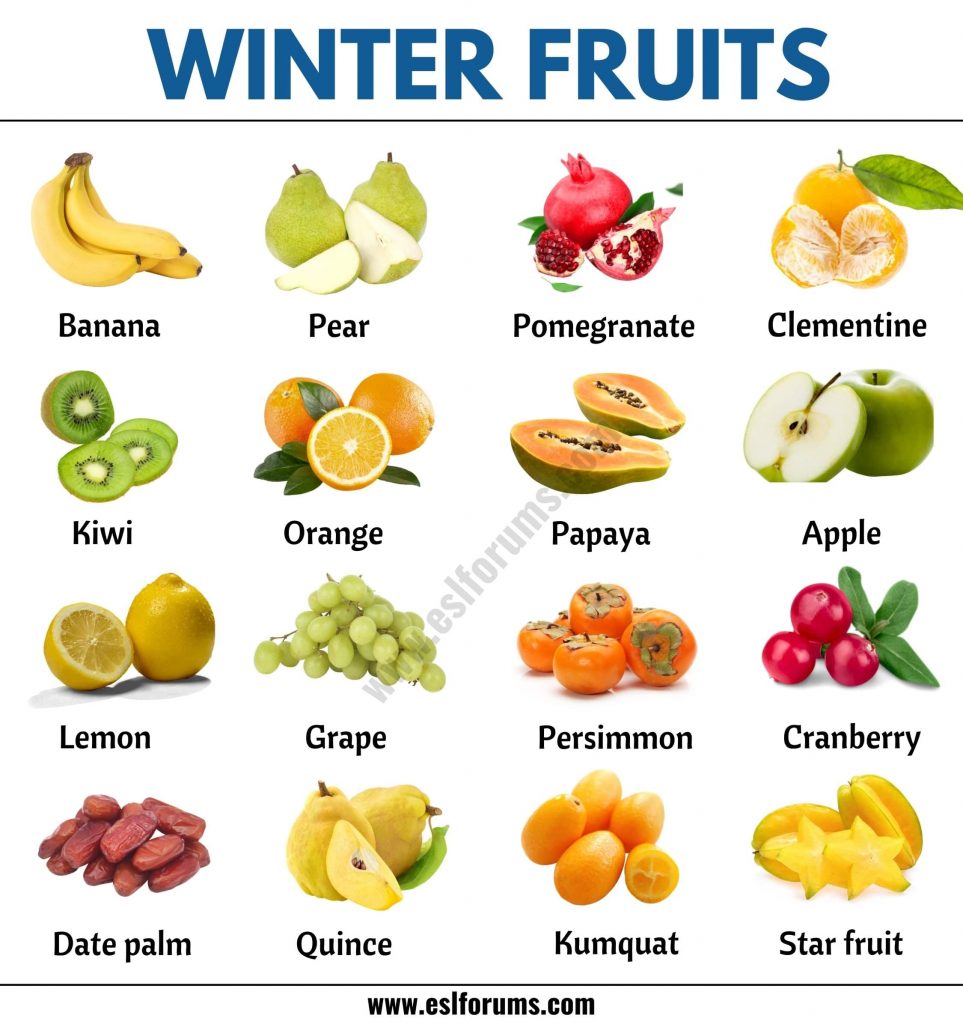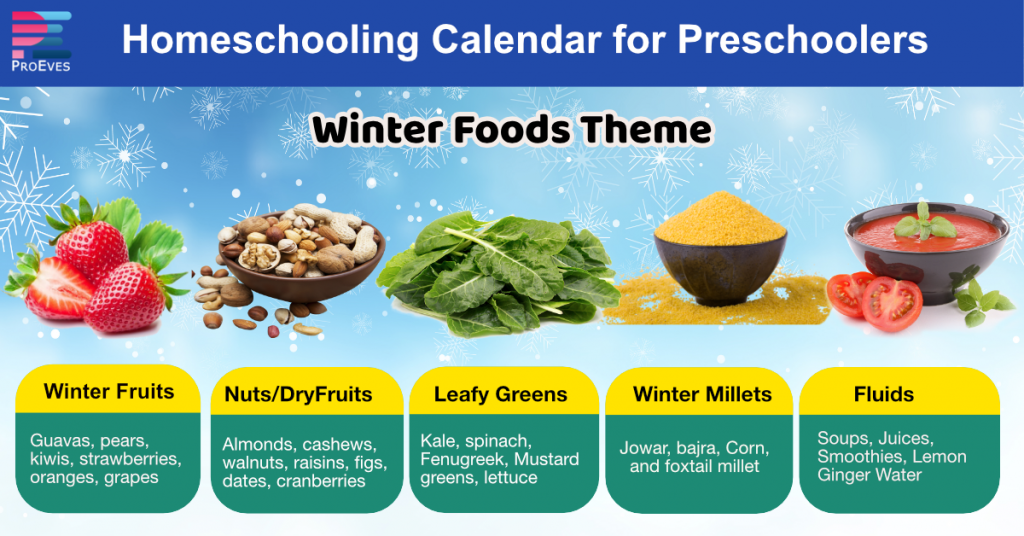
What is the best food for winter?
What do you think of when someone mentions winter? Heavy, itchy woollen clothes? Chapped lips and cracked heels? Sure winter is all of this, but did you also know that winter is the best season to improve immunity? During this time, people feel hungrier. Amazingly, the body engine works better in the winter and foods are better digested. This aids in providing more nourishment to the body.
In addition to the significant changes you witness in energy bills and how you dress during winter, the chilly weather also affects your body. Your food preference, metabolism, and even energy levels change drastically during winter. The feeling of skipping the gym and eating or drinking a warm drink kicks in. If you feel this way, you are not alone.
However, this doesn’t mean you should do nothing and wait until summer kicks in so that you can take charge of your life. The secret to staying healthy during winter is winterizing your diet. Here are some foods that you should try out this winter.

Foods To Warm In Winter
In winter, our body craves for rich food which provides warmth along with nourishment. We need warming foods to satisfy this craving. Any vegetable that takes time to grow, and in which the edible part grows beneath the surface of the ground is usually warming and a good vegetable to eat in winter. Certain dry fruits (dates), nuts and oilseeds (sesame seeds) are also warming. It is also a time of the year when you may want to eat more spices than in the summer months.
All animal foods fall into the warming category, including lean dairy, meat, fish and poultry. Whole-grain cereals, proteins and healthy fats too provide much-needed energy to keep warm. The most warming vegetables that are good for your body are root vegetables like carrot, potato, onions, garlic, radish, yams, sweet potatoes, beets, turnips, etc., and hearty winter greens like palak, Methi, sarson, Muli, pudina, etc.
Carrots: The beta-carotene in carrots is an excellent source of vitamin A and a powerful antioxidant.
White radish, onion and garlic (dry and spring varieties): Rich in isothiocyanates and indoles, phytochemicals that help prevent cancer. Their strong flavor helps to pep up the taste of food.
Leafy greens: Methi, Palak, Sarson… (‘methi-theplas’, ‘sarson-ka-saag’, ‘palak paneer’): A good source of beta-carotene and Vitamin C – both powerful antioxidants that help fight disease and build immunity. Others in this category are coriander, amaranth, celery, radish greens, etc.
Other vegetables: green beans (broad beans, valor, paddy) and peas: these are all high energy and high-protein vegetables.

Whole Grain Cereals And Pulses :High energy and protein foods provide the required fuel to combat the cold. That’s why many Indian households make ‘sheera’ (rava, whole-wheat flour, moong-dal, vermicelli, daliaa, badam); ‘halwa’ (gajar, doodhi, pumpkin); ‘paak’ and ‘ladoos’. Fresh green fresh whole grains, available in Gujarat, called ‘ponkh’ are considered a winter delicacy. Makai and bajra rotis have the warmth-giving quality.
Fresh And Dried Fruits
Papaya and pineapple are believed to provide warmth. Amla is loaded with Vitamin C, and is very good to step up your immunity. That’s the reason why ‘amla juice’ and ‘amla muraba’ are available in plenty during winter.
Dates are warm in nature and are highly recommended in the winter months. Not only are they a good source of fibre, iron, magnesium, calcium and vitamins (C and B3), but they are also a good source of energy. Consume them as they are or as a barfi, pulp or added to milkshakes and smoothies.

Spices
Mustard, asafoetida (hing), black pepper, fenugreek, ajwain and suva (dill) seeds are all warm spices to be used freely. Mustard, ajwain and suva seeds are a valuable remedy for winter coughs and flu, stimulating appetite and digestion and increasing blood circulation. Methi (dry or sprouted) is very beneficial in bone and joint problems that surface more in winter. Turmeric, especially the fresh light and golden yellow variety (resembles ginger), is a potent anti-microbial immunity builder.
Herbs And Seeds
Basil (tulsi) is a herb that protects against colds and fever and helps strengthen immunity. Ginger, (fresh and dry varieties) is very warming. Sliced ginger with lime and salt is a common accompaniment with meals, while ginger can be added to tea, dals and vegetables. Dry ginger powder made into tiny ladoos with jaggery and ghee is excellent for combating winter chills.
Til ladoos and til chikki need no introduction to an Indian. The warmth-giving quality of til or sesame is also tapped when you sprinkle them on salads, breads, pastas and pizzas.
Soup
This is one of the best foods that will help you live through winter comfortably. However, you should avoid much salt, beef soup, and cream to get the most out of this meal. You should get recipes that include water as the base and a lot of vegetables. A hot bowl of soup with chicken broth and some vegetables will leave you rejuvenated. You can pair your soup with whole-grain crackers.
Drink More Warm Milk
Milk and other by-products such as yogurt, cheese, etc. are a great meal choice for winter. This is because they pack a lot of vitamins B12 and A, proteins, and calcium, which boost a person’s health. Most people tend to catch a cold during winter. Drinking warm milk frequently will help you avoid falling ill. However, choose to drink skimmed or semi-skilled milk rather than full-fat milk. Moreover, you can take low-fat plain yogurts to decrease the number of calorie intake.
Cauliflower and Broccoli
Apart from drinking milk, eating a lot of vegetables, and engaging in fitness activities, these vegetables can add to the defense against winter sickness. Both broccoli and cauliflower pack a lot of vitamin C, which enhances the immune functions. The chilly weather might pose a challenge in getting fresh vegetables. However, frozen cauliflower and broccoli pack the same nutritious benefits as fresh ones.
Start Your Day with Porridge
The secret to remaining energized until lunchtime is taking a healthy slow-release breakfast such as porridge. You can be creative with this morning meal by adding toppings such as seeds and nuts. Moreover, some winter fruits such as dates and apples can increase the health benefits of this meal.
Increase Your Intake of Cheese, Eggs, and Fish
Even though the previously discussed meals might not be your cup of tea, you most likely like eggs, cheese, or fish. These meals pack vitamin B12, which boosts the normal functioning of the immune system. Moreover, these meals reduce fatigue and tiredness. What’s even better is that you can consume them at any time of the day.
In essence, these meals will make your winter look shorter since they will boost your immune system and give you the energy to live through the season. Winter doesn’t have to look dull anymore.
Reference: nestle.in

Thanks for everything ❤️
Thanks
Thanks for sharing.
🤗❤❤
I usually read daily in the blogs . Really thankful your article.
Thanks indeed for sharing…
✔✔✔
Very good article. I like all the fruits.
အကြိုက်ဆုံးအသီးကချယ်ရီသီး
Good morning 🌞
I just like the helpful info you supply in your articles. I will bookmark your weblog and take a look at again here regularly. I’m quite certain I will be informed many new stuff right right here! Good luck for the following.
စိတ်ပုတ်ဂူဂူ
GG 😒သည်အခြင်မဟုတ်အသေးစိတ်ကိုစောင့်ကြည့်
Ads ads
Ads no
တနေ့….ad..တက်တဲ့..တနေ့😂🙏
Fighting 💪
မရက်စက်ပါနဲ့ဂူဂူ
👓👓👓👓👓
ကြော်ငြာရှယ်တက်
👍 Okay.
Ok ads.
GG,Gd
Sustain the excellent work and producing in the group!
Good night.
ဂူဂူ
Adsssssssss
🍒🎆
Good
🎆
Good article
Ggငညစ်
Ads good.
Thank ဂူဂူ.
Ok.
Good
Very good.
Thanks 👍👍👍👍👍👍👍☺️
Ads ok 😊
Good.
🍒ads good.
ကြော်ငြာရှယ်တက်.
Thanks 😻👍😻👍😻👍🆗👌
Good article
Ads ,👌👌👌
Thanks 👍👍👍😌😌😌
Ads 👌🍒
Ads ok👍👍👍.
🍒✊👍
အသုံးဝင်တဲ့ဆောင်းပါးတပုဒ်ပါ
🍒✨
Done.
Ok good
✊✊👍
🍒💪✊
Thanks for sharing!
😊💪💪
Vegetables are good for healthy humans
🍒😊😊😊
Good 🍒👍
Very useful article!! Thanks for your patience and your efforts. Btw, I love to eat all of above.
Oh! Thank you for sharing knowledge. Are they winter’s fruits? I didn’t really know! These days I have been eating some winter’s fruits. But not all!